Top Class Actions’s website and social media posts use affiliate links. If you make a purchase using such links, we may receive a commission, but it will not result in any additional charges to you. Please review our Affiliate Link Disclosure for more information.

U.S. District Judge Edmond E. Chang recently let AT&T out of TCPA claims when he determined that the cellular provider didn’t use a true “autodialer” to send Spanish-language texts to its customers. According to Chang, AT&T’s system chose numbers from a customer telephone list rather than “randomly or sequentially” generating numbers using a system. Therefore, Chang concluded that AT&T did not truly violate TCPA.
Consumer advocate groups Electronic Privacy Information Center (EPIC) and the National Consumer Law Center (NCLC) recently railed against this decision in appeals court. The groups say that a stricter definition of autodialer will only harm consumers as it allows business to easily “contravene Congress’ original intent” by placing robocalls using a list-based system.
“As consumers become more frustrated with these constant invasions of their privacy, the TCPA should not be weakened by an unnecessarily narrow definition of an autodialer,” the advocacy groups said in their statement to the Seventh Circuit.
AT&T recent escaped a TCPA class action lawsuit from plaintiff Ali Gadelhak. Gadelhak filed his class action against AT&T in February 2017, claiming that he received an unsolicited text message from the cellular company inviting him in Spanish to take a customer survey.
Gadelhak reportedly did not speak Spanish and wasn’t using AT&T for cell service, leaving him to wonder why he received telemarketing text messages from the company. He allegedly sent two messages in response asking for the sender’s identity, but reportedly only received more questions in Spanish which he claimed were automated.
Gadelhak argues that these text messages violate the Telephone Consumer Protection Act (TCPA), a federal law designed to protect consumers from harassing telemarketing behaviors. Congress enacted the law in 1991 as an attempt to protect consumers from the increasingly common telemarketing calls and texts.
Since the law was passed in the 1990s, the Federal Communications Commission (FCC) has added increased protections. One increased protection is the fact that businesses are no longer allowed to send telemarketing communications to consumers simply because they have an established business relationship. Now, TCPA statutes require businesses to obtain prior express written consent before sending spam texts or robocalls. Additionally, businesses must provide an automated opt out mechanism in their calls and texts so that consumers can instantly cease the unsolicited communications.
Currently, TCPA prohibits a variety of behaviors including: sending unsolicited text messages; placing robocalls using an autodialer and/or an pre-recorded voice; calling or texting numbers on the National Do Not Call Registry; sending unsolicited advertisements through faxes; and more.
EPIC and NCLC claim that changing the interpretation of TCPA’s autodialer definition will only cause harm to consumers and will weaken a law designed solely to protect consumers. If the recent interpretation is kept, consumer advocates claim that businesses will easily be able to circumvent the law to place harassing telemarketing calls.
The TCPA Class Action Lawsuit is Gadelhak v. AT&T Services Inc., Case No. 19-1738, in the U.S. Court of Appeals for the Seventh Circuit.
Join a Free TCPA Class Action Lawsuit Investigation
If you were contacted on your cell phone by a company via an unsolicited text message (text spam) or prerecorded voice message (robocall), you may be eligible for compensation under the Telephone Consumer Protection Act.
This article is not legal advice. It is presented
for informational purposes only.
ATTORNEY ADVERTISING
Top Class Actions is a Proud Member of the American Bar Association
LEGAL INFORMATION IS NOT LEGAL ADVICE
Top Class Actions Legal Statement
©2008 – 2024 Top Class Actions® LLC
Various Trademarks held by their respective owners
This website is not intended for viewing or usage by European Union citizens.



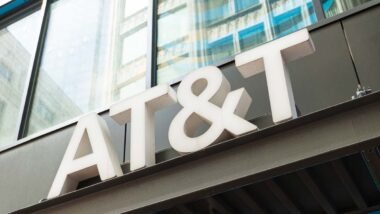
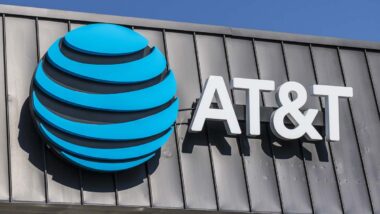
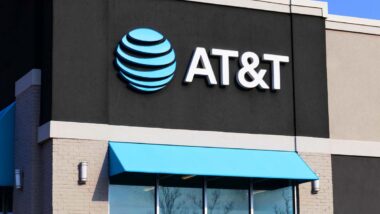

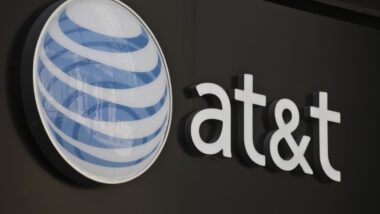


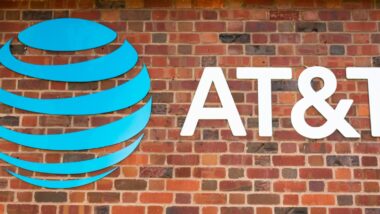
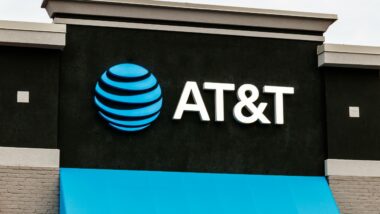



4 thoughts onConsumer Advocates Blast TCPA Class Action Win for AT&T
Add me
Please add me
Add me please
Please add mr